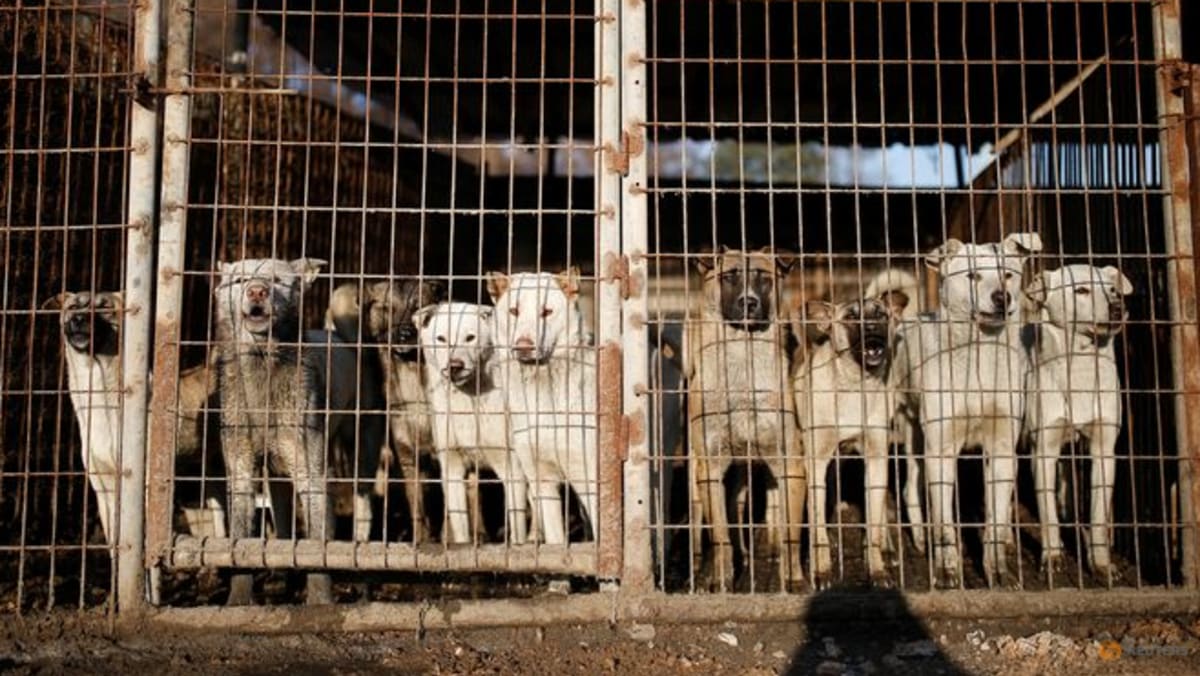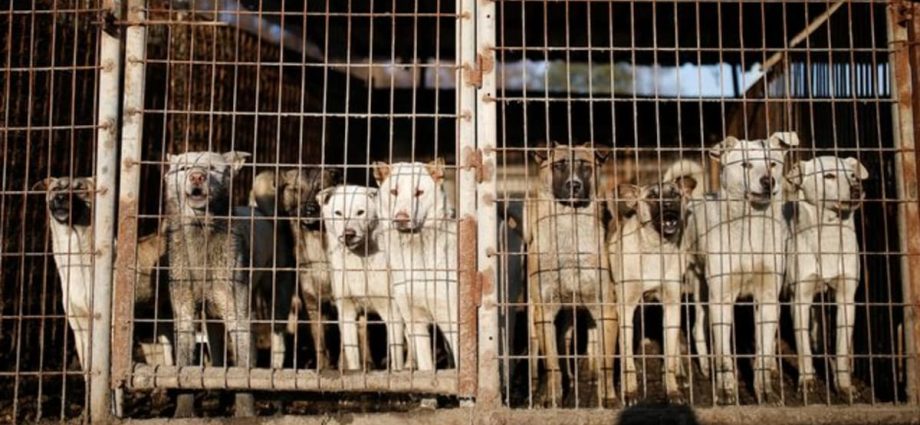
THE PERSPECTIVE OF DOG FARMERS
Since 2014, some of these municipalities have agreed to compensate dog meat retailers for closing dog meat stalls in traditional markets. However, now that a full ban is coming into effect, dog meat farmers are requesting compensation schemes as this new law will directly affect their livelihoods.
The Korean Dog Meat Association has been arguing that the Bill represents an abuse of power that overlooks the perspective of many South Koreans, and that it infringes on the right to choose what one wants to eat. Last December, the Association demanded compensation for farmers of 2 million won per individual dog and a grace period of 10 years after the ban.
While the ban may be good news for Korean dogs, dog lovers and for animal protectionists, it adversely affects those whose livelihoods depend on the domestic trade and who have practised the profession for generations.
The change does not necessarily mean an end to the consumption of dog meat in South Korea. Dog meat consumption will continue to be lawful (presumably supplied by imported meat).
Still, this is a milestone for the Korean relation to dogs that cements the dog’s privileged status, in contrast to other animals whose commodification as meat remains normalised and invisible.
Julien Dugnoille is Senior Lecturer in Anthropology, University of Exeter. John Knight is Reader in Anthropology and Ethnomusicology, Queen’s University Belfast. This commentary first appeared in The Conversation.

